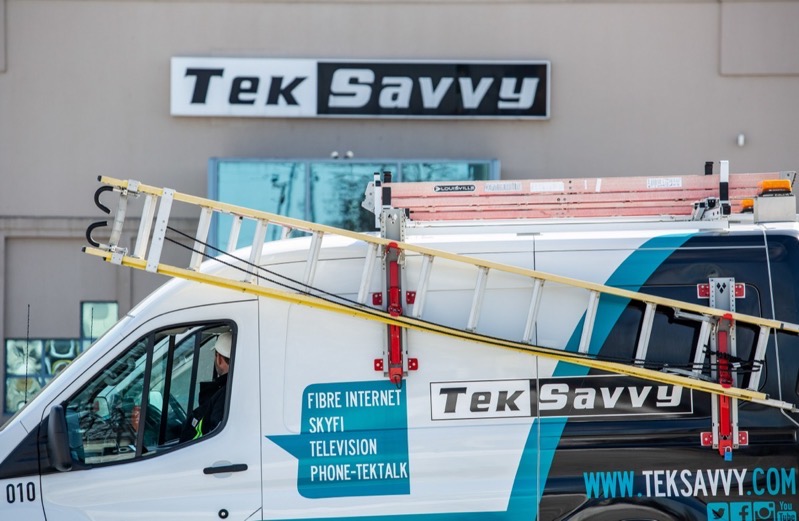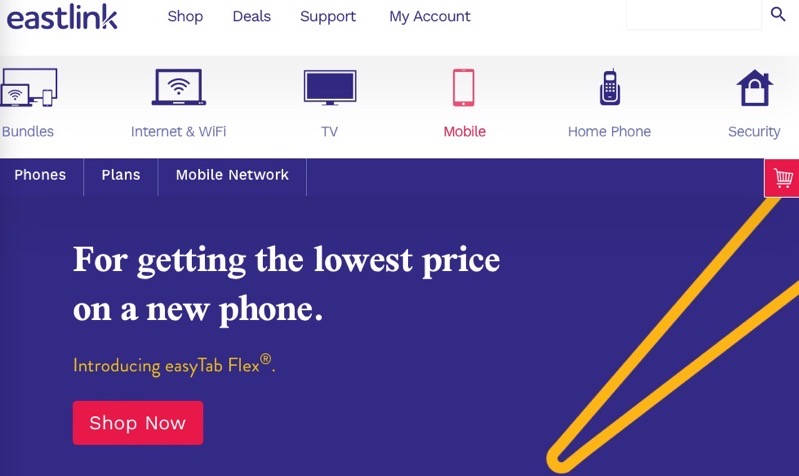
TekSavvy Wants Canada to ‘Break Up’ Rogers, Telus and Bell
One of Canada’s last standing independent internet service providers, TekSavvy, minced no words on Tuesday as the company suggested the government should “break up” the big telcos here, such as Rogers, Telus and Bell.
Peter Nowak, Vice-President of Insight & Engagement at TekSavvy, strongly criticized the current state of Canada’s telecom market, emphasizing the urgent need for reform. He outlined the challenges facing the sector, marked by oligopolistic behaviours and escalating consumer prices.
Nowak noted the trend of major telecom companies like Rogers and Bell raising customer bills at the beginning of 2024, reflecting a broader issue of diminishing competition and increased financial burden on consumers. He highlighted a significant rise in consumer complaints, led by a 44-percent increase associated with Rogers, as noted by the latest CCTS report.
Despite government efforts to stimulate competition, such as Industry Minister François-Philippe Champagne’s approval of Rogers’ acquisition of Shaw, Nowak expressed skepticism about the effectiveness of these measures in reducing prices. The persistently high costs have led to parliamentary inquiries, with calls for the House of Commons Standing Committee on Industry and Technology to investigate the issue.
Nowak advocated for a wholesale-based competition model as the solution to the market’s woes. This approach would allow multiple providers to leverage existing network infrastructure, potentially lowering prices for consumers. However, he pointed out the resistance from Canada’s major telecom firms to such a model, citing their significant influence in policy-making and market control strategies.
The TekSavvy executive also dismissed the idea of easing foreign-ownership restrictions, arguing that the deep-rooted power of big telecom companies in policy circles would continue to stifle competition. He referenced Orascom’s challenges in the Canadian market as a case in point (they had previously funded Wind Mobile, before it became Freedom Mobile).
The structural separation of the large telecom companies, separating network ownership from retail services, is what Nowak sees as the necessary step towards a healthier telecom market. He believes this would foster real competition and mitigate the influence of major telecom firms on policies and prices.
Last year, TekSavvy celebrated 25 years of operations–but emphasized it’s not just a reseller. “TekSavvy is not merely a ‘reseller’ in the common sense. We own and operate a growing broadband network based in Chatham, Ontario, expanding across Southwestern Ontario,” Nowak said at the time. “The fact that tens of thousands of households now have access to services they didn’t have before or have additional competitive providers to choose from is a testament to our relentless commitment to the market.”
Nowak concluded by reiterating the need for a fundamental overhaul of the telecom sector, emphasizing the process of “structural separation” as a key strategy, which has worked in numerous other countries. “Stay tuned,” said TekSavvy, noting more info was to come.


